Theatrical production based on the book by Olga Velichka "From two to fifteen. My mother is in prison" is organized within the intercontinental relay in support of Belarus "Voices Across Borders".
Since 2021, the author has been working as a psychologist with repressed Belarusians, including ex-police prisoners, their relatives and children. In her book, Olga Velichka described the memories and testimonies of children heard during the practice about the repression their families faced, as well as the dreams and fairy tales they wrote to survive the trauma. The author compares the dramatic experience of children with the stories of women and children repressed in Stalin's times.
"May it never happen again!" –– a child's voice has been heard since 1937.
"We have a problem in Belarus –– all the good people are in prison, and the rest are very afraid, and the main ones are the black villains," echoes a child's voice in 2024.
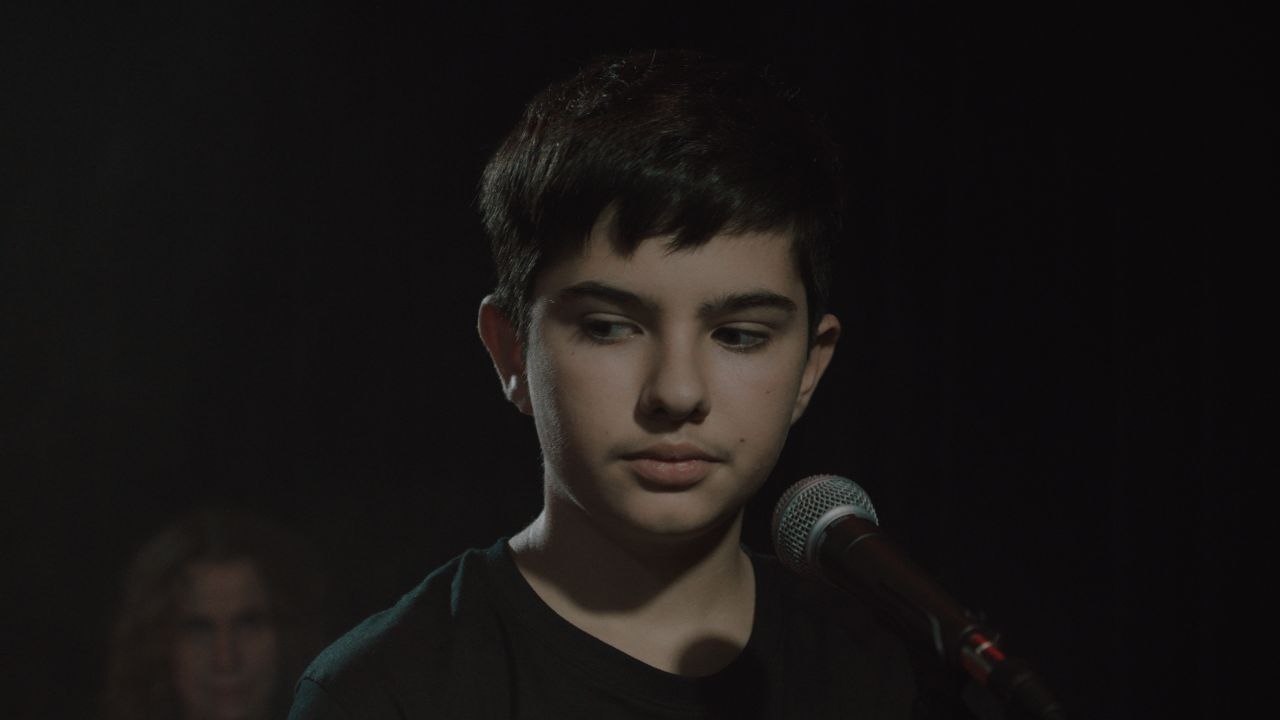
–– I was very impressed by Olga Velichka's book, it moved me. A lot of emotions arose while reading it. I was very touched by the human stories described in the work –– it is impossible to remain indifferent when you read and imagine it all. How the flywheel of repressions in Belarus affected most of the society, how the authorities act against the laws of humanity and morality, says the director of the performance Alina (the name of the interlocutor has been changed for security purposes –– ed.).
–– I was very impressed by the topic of repression of parents through the eyes of children. And how these events affected them personally. The book is woven from memories, fairy tales and dreams of children –– it is about what their world and reality should be. In their works, a child's vision of the world is so mixed with Belarusian realities that it starts to feel heavy in the chest! In the plot of one fairy tale, for example, there can be riot police, Baba Yaga, and their fears... There are also very cruel stories, as well as very childish, naive ones. There is also the case that children heard something from their parents and later voiced it –– through their perception of those dramatic events.
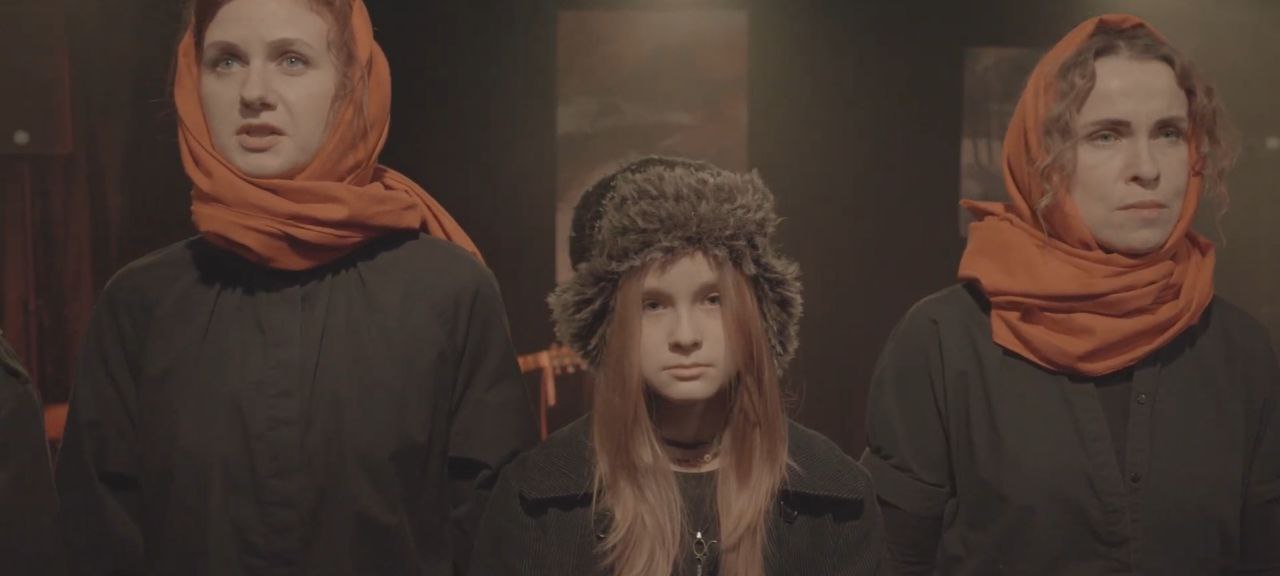
I understood that a play must be staged based on the book. "But how do you translate that into stage language?" –– I thought then. And I decided to start the play with the second part of the book –– it describes the stories of women and children who were repressed in 1937. The play begins with the stories of several women whose husbands were shot on a bloody night October 29... It is further described how their fate changed after the tragedy, how they were taken to the camp, what they and their children had to go through there.
In the second, modern, so to speak, part of the play, the children tell their stories about what they had to go through in connection with the repression against their parents in today's Belarus. Their stories flow into the tale of Baba Yaga. The latter is the image of those who detained their parents.
Afterwards, we talk about what our children dream about. One of the girls, for example, says: "I really want my mother to be given 'home chemistry, then she will always be at home.' Children also say that they dream of returning to Belarus.
Well, in the end, we all wonder: "What to do?" We end the performance with a cover of Liavon Volsky's song "Captive". There are lines like: “What will be left when it's all over? Only love..."
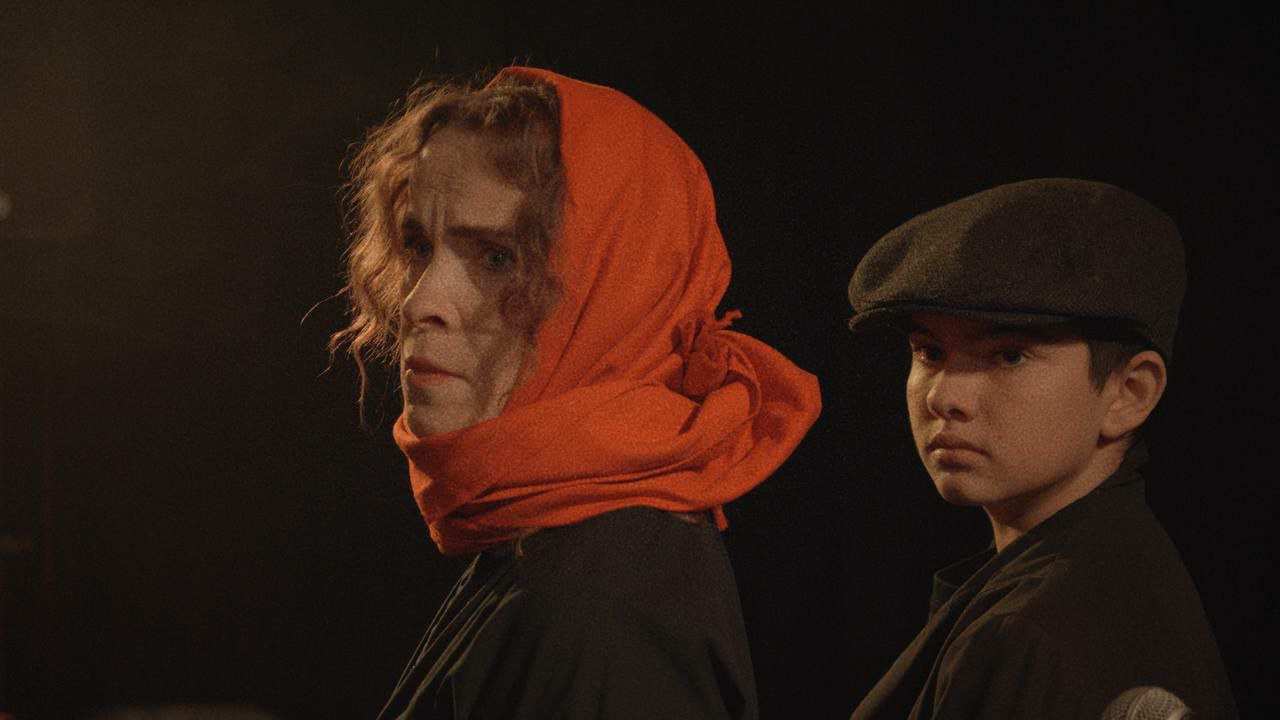
–– Professional actors – Belarusian and one Lithuanian, and pupils from the Razam theater school –– will take part in the play, –– Alina adds. –– I am the teacher of two groups of the school, these are adolescent from twelve to nineteen years old. These are cool, talented, creative young people, many of them have been studying acting for more than a year, and therefore many of them are already real professionals. Some of them themselves witnessed repressions against their parents in Belarus.
Child actors are very wise, intelligent, independent and free –– it is a pleasure to work with them, they are not even my pupils anymore, but colleagues. I am very excited about the upcoming premiere; we are very much looking forward to seeing you all on October 28. Entrance is free.
The performance will begin on 28.10.2024 at 18.30 at the address:
Vilniaus g. 16 Razam.
After the premiere, you will be able to buy the book and talk to the author. Funds from the purchase will go to help political prisoners and their families.
Since 2021, the author has been working as a psychologist with repressed Belarusians, including ex-police prisoners, their relatives and children. In her book, Olga Velichka described the memories and testimonies of children heard during the practice about the repression their families faced, as well as the dreams and fairy tales they wrote to survive the trauma. The author compares the dramatic experience of children with the stories of women and children repressed in Stalin's times.
"May it never happen again!" –– a child's voice has been heard since 1937.
"We have a problem in Belarus –– all the good people are in prison, and the rest are very afraid, and the main ones are the black villains," echoes a child's voice in 2024.

–– I was very impressed by Olga Velichka's book, it moved me. A lot of emotions arose while reading it. I was very touched by the human stories described in the work –– it is impossible to remain indifferent when you read and imagine it all. How the flywheel of repressions in Belarus affected most of the society, how the authorities act against the laws of humanity and morality, says the director of the performance Alina (the name of the interlocutor has been changed for security purposes –– ed.).
–– I was very impressed by the topic of repression of parents through the eyes of children. And how these events affected them personally. The book is woven from memories, fairy tales and dreams of children –– it is about what their world and reality should be. In their works, a child's vision of the world is so mixed with Belarusian realities that it starts to feel heavy in the chest! In the plot of one fairy tale, for example, there can be riot police, Baba Yaga, and their fears... There are also very cruel stories, as well as very childish, naive ones. There is also the case that children heard something from their parents and later voiced it –– through their perception of those dramatic events.

I understood that a play must be staged based on the book. "But how do you translate that into stage language?" –– I thought then. And I decided to start the play with the second part of the book –– it describes the stories of women and children who were repressed in 1937. The play begins with the stories of several women whose husbands were shot on a bloody night October 29... It is further described how their fate changed after the tragedy, how they were taken to the camp, what they and their children had to go through there.
In the second, modern, so to speak, part of the play, the children tell their stories about what they had to go through in connection with the repression against their parents in today's Belarus. Their stories flow into the tale of Baba Yaga. The latter is the image of those who detained their parents.
Afterwards, we talk about what our children dream about. One of the girls, for example, says: "I really want my mother to be given 'home chemistry, then she will always be at home.' Children also say that they dream of returning to Belarus.
Well, in the end, we all wonder: "What to do?" We end the performance with a cover of Liavon Volsky's song "Captive". There are lines like: “What will be left when it's all over? Only love..."

–– Professional actors – Belarusian and one Lithuanian, and pupils from the Razam theater school –– will take part in the play, –– Alina adds. –– I am the teacher of two groups of the school, these are adolescent from twelve to nineteen years old. These are cool, talented, creative young people, many of them have been studying acting for more than a year, and therefore many of them are already real professionals. Some of them themselves witnessed repressions against their parents in Belarus.
Child actors are very wise, intelligent, independent and free –– it is a pleasure to work with them, they are not even my pupils anymore, but colleagues. I am very excited about the upcoming premiere; we are very much looking forward to seeing you all on October 28. Entrance is free.
The performance will begin on 28.10.2024 at 18.30 at the address:
Vilniaus g. 16 Razam.
After the premiere, you will be able to buy the book and talk to the author. Funds from the purchase will go to help political prisoners and their families.

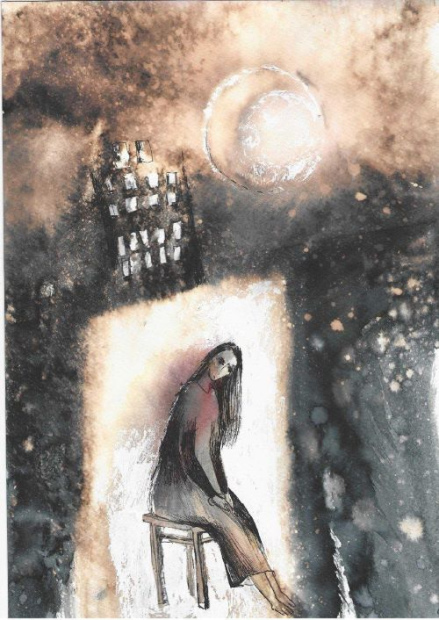
 Continue
Continue
